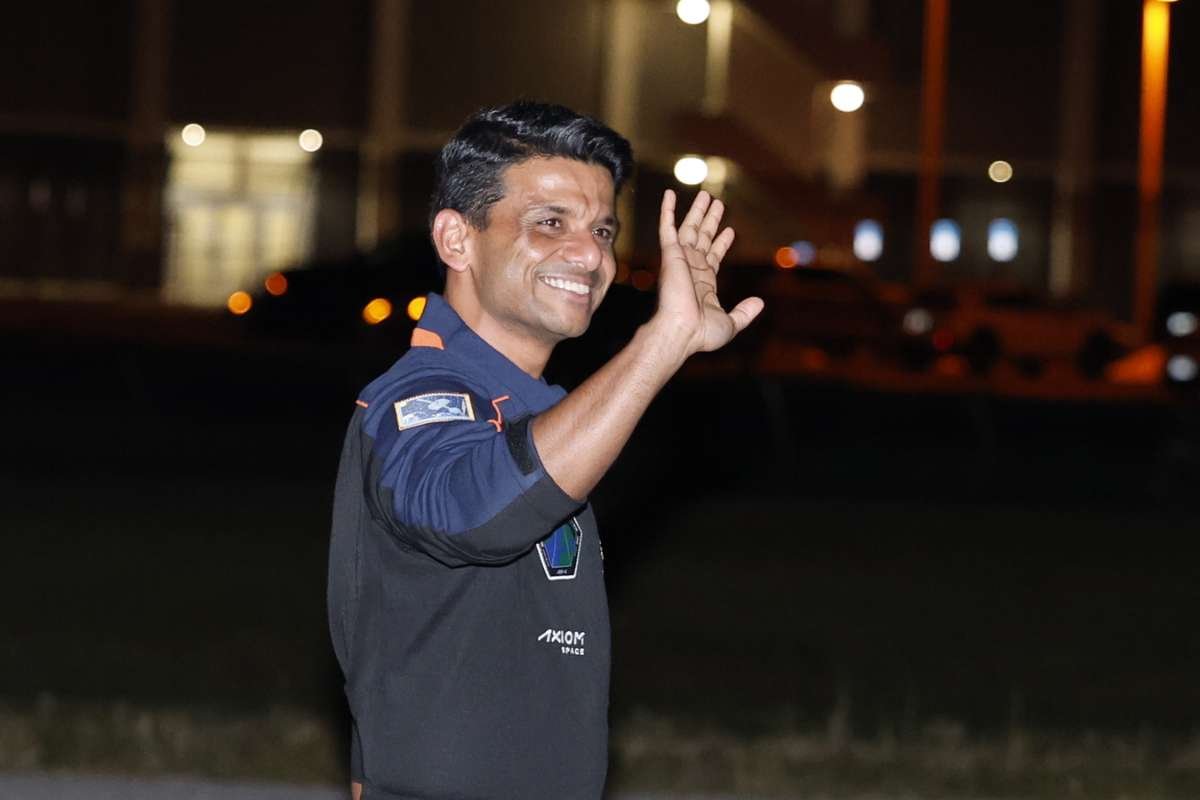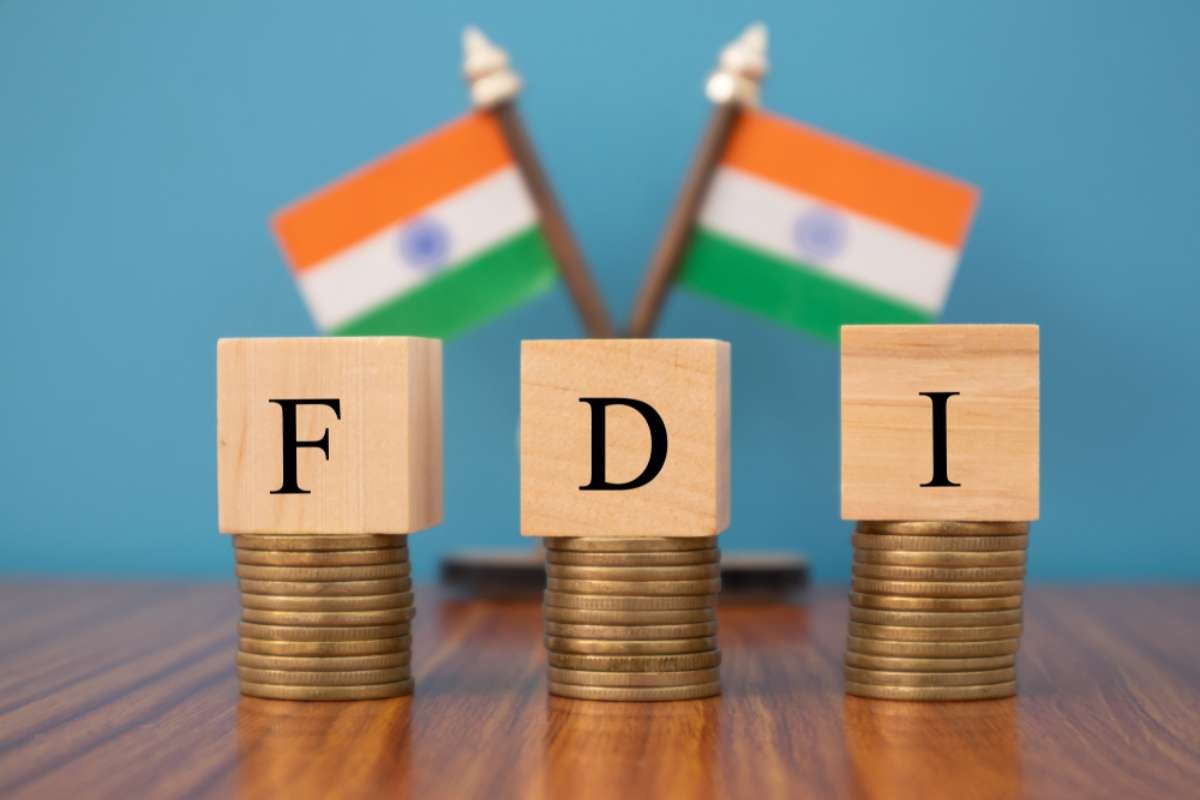In a landmark moment for Indian space exploration, Group Captain Shubhanshu Shukla became the first Indian in over four decades to reach the International Space Station (ISS). On June 25, Shukla launched aboard the SpaceX Dragon spacecraft as part of the international Axiom Mission 4 (Ax-4), a collaboration between Axiom Space, NASA, and SpaceX.
At 3:48 PM IST on June 26, the Dragon spacecraft completed its “soft docking” with the ISS, followed shortly by “hard docking”—the final, secure latch-up required for the crew to safely enter the space station. This mission marks India’s return to manned spaceflight since Rakesh Sharma’s historic journey in 1984.
Union Minister Jitendra Singh expressed national pride on social media, posting, “Shubhanshu stands at the threshold of the ISS… as the world watches with excitement and expectation.” The milestone carries symbolic significance, not only showcasing India’s growing aerospace expertise but also laying crucial groundwork for the upcoming Gaganyaan mission—India’s first indigenous human spaceflight program.
Emotional Milestone: A Nation and Family Watch With Pride
The excitement surrounding Shubhanshu Shukla’s achievement has resonated deeply at both the national and personal levels. His mother, Asha Shukla, watched the live telecast with teary eyes, sharing her elation with ANI: “It feels great… We are waiting for the docking program.” His sister, Shuchi Mishra, added, “I pray for his safe journey,” just before heading to his alma mater to witness the historic event.
Public sentiment mirrored the Shukla family’s emotion, with congratulatory messages flooding social media. Astronomer RC Kapoor described the docking process as “delicate,” praising the mission’s success and its precise execution in orbit.
Shukla himself shared a warm message from space. “Namaskar from space,” he greeted viewers, adding, “I’m enjoying the views, learning like a baby.” As Dragon cruised over Europe, the Ax-4 team shared a breathtaking image of Earth, capturing the wonder of the moment.
In a personal note, Shubhanshu Shukla credited his journey to collective support. “No one travels to space alone,” he remarked, thanking his family, friends, mission crew, and especially his partner Kamna Shubha, calling her his “unwavering pillar of support.”
Scientific Significance: India’s Role in Space Research Deepens
Beyond its symbolic importance, the Ax-4 mission is packed with scientific value. Shukla will lead seven India-sponsored experiments aboard the ISS over the next two weeks. These include research on plant biology, microalgae cultivation, and human health in microgravity—critical areas for future long-duration missions and sustainable space habitation.
Designed by Indian institutions and supported by ISRO, NASA, and the Department of Biotechnology, these studies aim to boost knowledge for both national and global space programs. The mission also provides invaluable operational experience for India as it prepares for its human spaceflight capabilities.
Joining Shukla on Ax-4 are seasoned American astronaut Peggy Whitson, Polish astronaut Slawosz Uznanski-Wisniewski, and Hungarian astronaut Tibor Kapu. For Poland and Hungary, too, this mission marks a symbolic return to space.
As Shubhanshu Shukla begins his 14-day journey aboard the ISS, India watches with pride and anticipation, marking not just a return to space but a bold step into its future.
Visit more of our news! Business Viewpoint Magazine.








